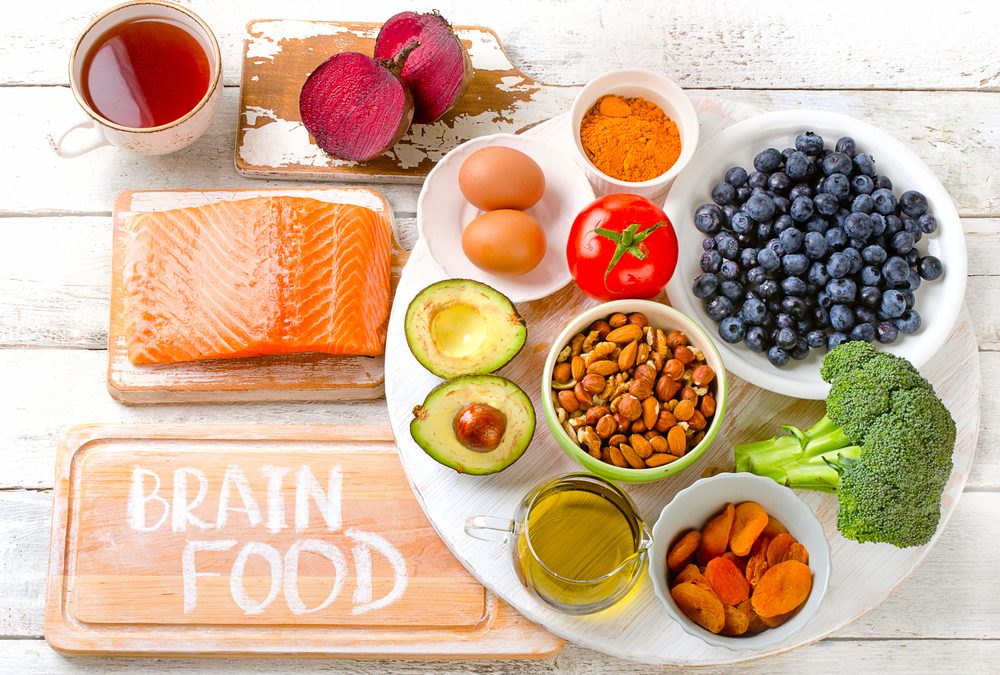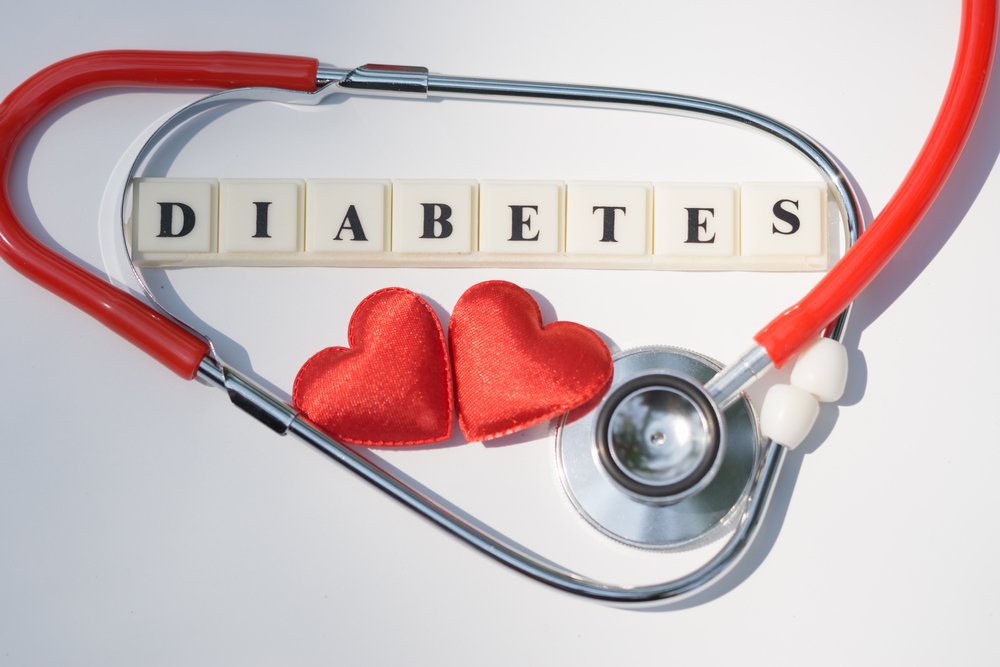Collagen may be the star of the wellness world right now—but every great star needs a strong supporting role. That’s where vitamin C steps in. While collagen keeps your skin smooth, joints flexible, and connective tissues strong, vitamin C is the essential nutrient that makes all of this possible.
Without enough vitamin C, your body simply can’t build or maintain collagen effectively. Let’s dive into how these two powerhouses work together—and why pairing them is one of the smartest moves for your health and vitality.
Why Collagen Is So Important
Collagen is the most abundant protein in your body, acting as the structural framework that holds everything together—from your skin and bones to your tendons, ligaments, and blood vessels.
As we age, however, natural collagen production slows down, leading to:
-
Fine lines and wrinkles
-
Weaker joints and ligaments
-
Slower recovery after activity
-
Reduced elasticity and hydration in the skin
That’s why adding collagen peptides—especially marine collagen—has become so popular. But here’s the catch: your body can’t actually use those peptides efficiently without enough vitamin C.
How Vitamin C Powers Collagen Production
Vitamin C acts as a catalyst in collagen synthesis. It’s not just a helper—it’s a requirement. Here’s how it supports the process at every stage:
1. Builds the Collagen Triple Helix
Collagen gets its strength from its unique triple-helix structure. Vitamin C is necessary for the enzymes that hydroxylate the amino acids proline and lysine, helping collagen fibers fold properly. Without it, collagen strands remain unstable and weak.
2. Fuels Fibroblast Activity
Fibroblasts—the cells that produce collagen—depend on vitamin C for optimal function. This means better skin firmness, joint support, and wound healing when vitamin C levels are sufficient.
3. Defends Collagen from Damage
Vitamin C is a potent antioxidant that shields existing collagen from free radical damage. This helps preserve your skin’s elasticity and slows visible signs of aging caused by UV rays, stress, or pollution.
Signs You Might Be Low in Vitamin C
Even if you’re consistent with your collagen supplement, low vitamin C can limit your results. Some telltale signs include:
-
Dull, rough, or dry skin
-
Frequent bruising
-
Slow wound healing
-
Bleeding gums
-
Low energy and fatigue
If these sound familiar, your body may be signaling a need for more vitamin C in your diet.
The Best Vitamin C Sources for Collagen Support
To keep collagen production running smoothly, include vitamin C-rich foods in your daily routine:
-
Citrus fruits (oranges, grapefruit, lemons)
-
Kiwi and strawberries
-
Bell peppers
-
Broccoli, kale, and spinach
-
Tomatoes and berries
You can also add a vitamin C supplement for extra support—especially if you’re already taking marine collagen peptides.
Why Marine Collagen + Vitamin C = The Perfect Pair
Marine collagen, such as Ballstad Salmon Collagen, is known for its high bioavailability, meaning your body absorbs and uses it more efficiently than other types. Pairing it with vitamin C ensures that the collagen you take is properly converted into the strong, stable fibers your skin, joints, and bones rely on.
Pro tip: Mix a scoop of Ballstad Collagen into a smoothie with citrus or berries for a simple, powerful combo your body (and skin) will love.
The Takeaway: Collagen Can’t Thrive Without Vitamin C
If collagen is the building material for your body, vitamin C is the architect that puts everything together. Without it, collagen production slows—and so do the benefits.
For firmer skin, smoother joints, and a stronger body from the inside out, make sure vitamin C and collagen are working hand in hand. Together, they’re a wellness duo your body can’t do without.




